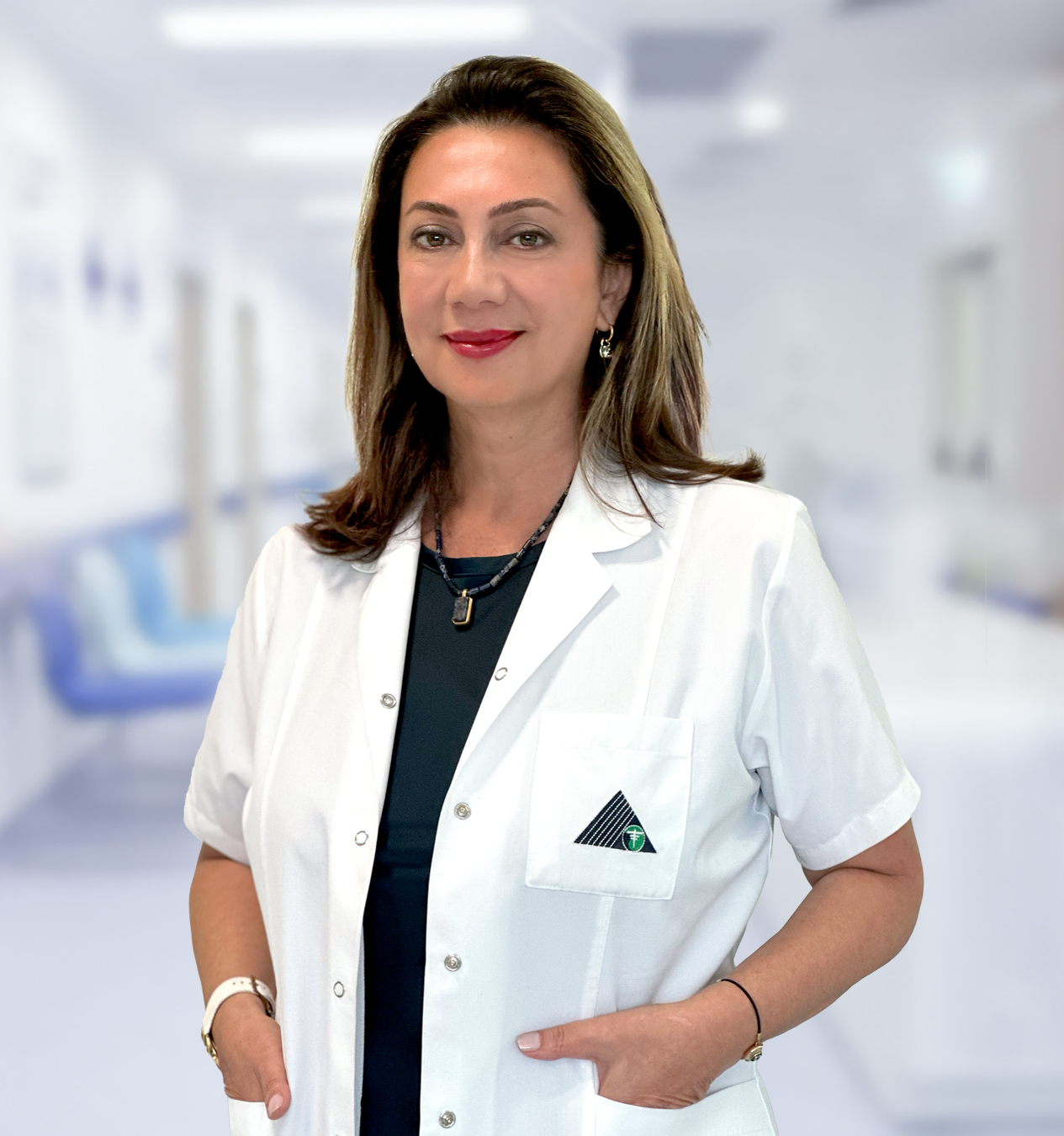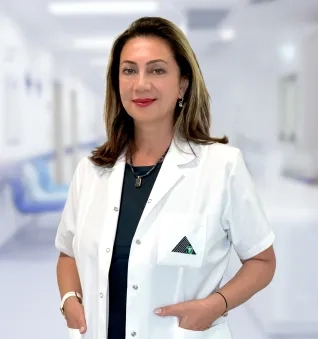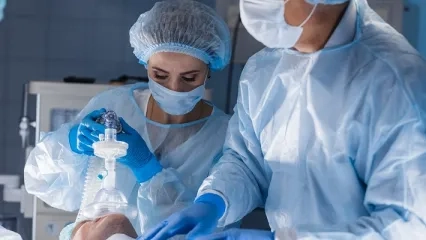Alo Yeditepe
Alo Yeditepe
The First One Hour Saves Lives in Sepsis
Unconscious Antibiotic Use Makes the Treatment of Sepsis More Difficult
Saying that early and correct treatment saves lives in sepsis, Anesthesia, and Reanimation Specialist Prof. Dr. Sibel Temür said, “If the patient's treatment is not started within the first one hour, the death rate increases by 60 percent”
Reminding that sepsis was considered a dangerous disease by the World Health Organization in 2017, Yeditepe University Hospitals Anesthesia and Reanimation Specialist Prof. Dr. Sibel Temür said that sepsis, popularly known as blood poisoning, causes organ failure through the collapse of the immune system due to an infection that occurs in the body.
On the Occasion of September 13, World Sepsis Day, Prof. Dr. Sibel Temür gave information about the methods of prevention, diagnosis, and treatment of the disease. Stating that sepsis occurs when the body begins to damage its own tissues and organs as a result of an uncontrolled and exaggerated response to infection, Prof. Dr. Temür emphasized that if the treatment of sepsis, which collapses the immune system due to infection, is not initiated within the first hour, the death rate will increase by 60 percent.
Every Four Seconds One Person Dies Due to Sepsis
Indicating that sepsis can be a disease of any age group, Prof. Dr. Sibel Temür said, “30 million people develop sepsis every year in the world, and eight million people lose their lives due to sepsis. In other words, one person loses their life due to sepsis in three-four seconds on average.” Prof. Dr. Sibel Temür emphasized that sepsis increases the loss of life risk, especially in those 60 years of age or above, babies under one year, diabetes patients, people whose spleen was removed, HIV/AIDS patients, alcoholics, those with chronic diseases (especially heart, lung, liver, kidney diseases, and oncological diseases) because their immune system is weak.
The First One Hour Saves Lives
Saying that, first of all, health professionals should be knowledgeable in treating sepsis, Prof. Dr. Sibel Temür warned, "It is crucial to initiate sepsis treatment within the first hour for people who have applied to the emergency department. The mortality due to sepsis ranges from 10 to 60 percent. If treatment starts within the first hour, this rate is 10 percent. But if treatment is started late, this rate reaches 60 percent."
What are the Symptoms of Sepsis?
Emergency SOFA assessment is used for the early diagnosis of sepsis worldwide. Explaining that they start working to make a definitive diagnosis for suspected cases in light of the obtained results, Prof. Dr. Temür said, "There are three signs that are looked for in patients. The fact that two of these three signs are positive is enough for us to suspect sepsis. The first is confusion; the second is that systolic blood pressure has fallen below 100; and the third is that the respiratory rate progresses above normal. Not every infection is sepsis. It must progress together with organ failure."
How to Treat?
Underlining that it is very important to initiate broad-spectrum antibiotic therapy, which affects many types of bacteria, within the first hour, Prof. Dr. Temür used the following expressions: "Unfortunately, the misuse of antibiotics in our country and the development of resistance to these drugs weaken our capabilities in treating sepsis. Based on the culture results, one should rapidly switch to specific antibiotics.”
Pay Attention to Personal Hygiene To be Protected From the Disease
Indicating that sepsis can be contagious, Prof. Dr. Temür said, “We must take precautions so that infection does not occur. Personal hygiene is very important. We should wash our hands regularly. Special conditions are required for people after surgery or childbirth, that is, in cases where the immune system falls down. According to the source of the infection in the person, sepsis transmission is possible.”
Press Coverage: haberturk.com | aksam.com | milliyet.com | gunes.com |
About
Faculty and Year of Graduation:
Ankara University School of Medicine, 1992
Alo Yeditepe




